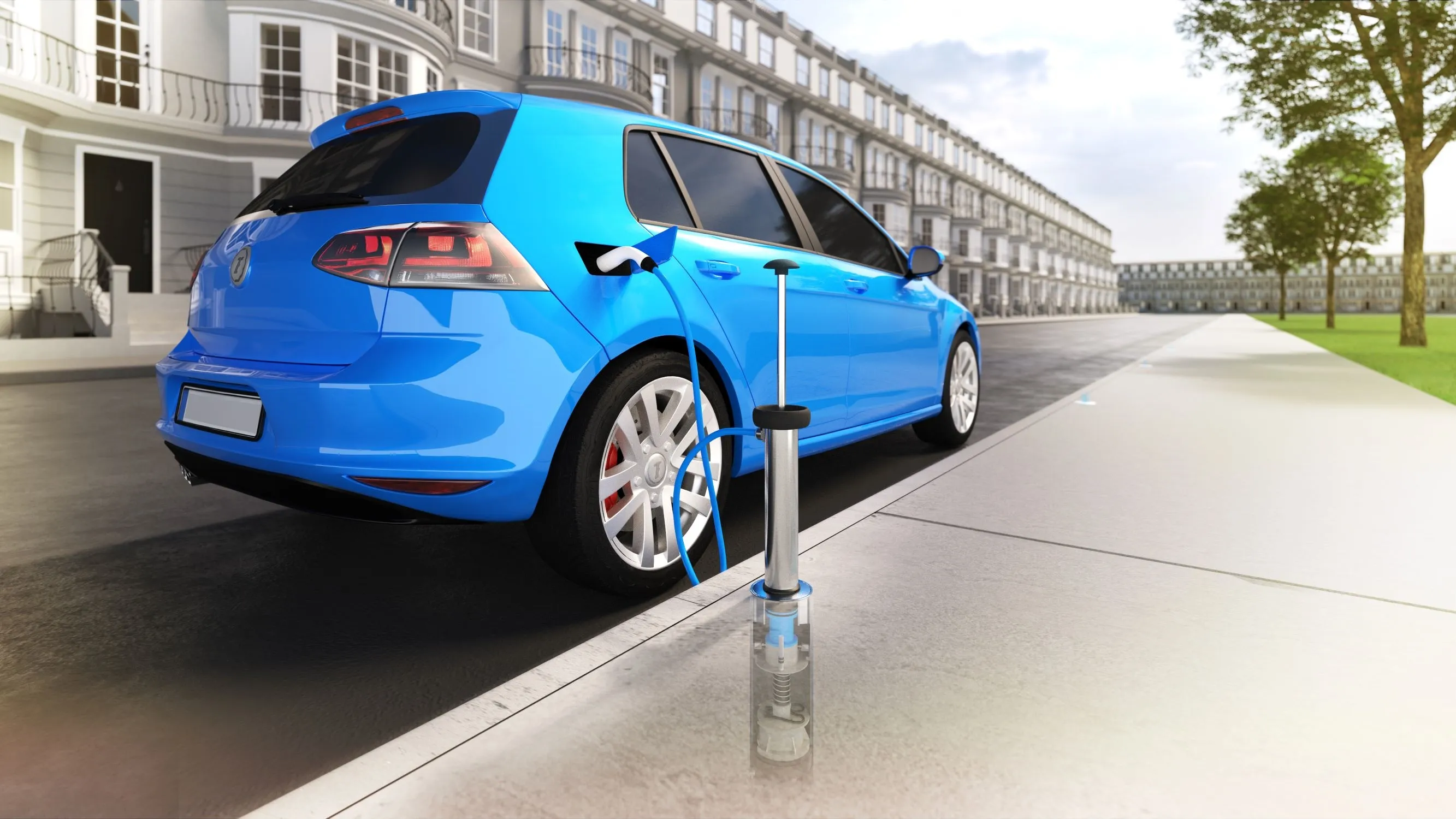According to the Wall Street Journal, Siemens is to exit its electric vehicle (EV) charging points business, as demand and market development turned out weaker than expected.
Despite a government plan to see one million registered electric cars on German roads by 2020, consumers haven't been keen about such vehicles. Last year for instance, only 4,157 e-cars were newly registered in Germany, bringing the total to 7,112.
September 4, 2013
Read time: 1 min
According to the Wall Street Journal, 189 Siemens is to exit its electric vehicle (EV) charging points business, as demand and market development turned out weaker than expected.
Despite a government plan to see one million registered electric cars on German roads by 2020, consumers haven't been keen about such vehicles. Last year for instance, only 4,157 e-cars were newly registered in Germany, bringing the total to 7,112.
"It's true that we're withdrawing from that business segment, because the e-mobility market has grown more slowly than originally expected," the company said in a statement. "Together with the staff council, we're currently looking for a solution as to where to employ the workers affected by the move."
The company emphasised, though, that it would continue to make so-called wall boxes for recharging e-cars privately at home. It would also continue research on inductive, that is, cable-less charging techniques.
Despite a government plan to see one million registered electric cars on German roads by 2020, consumers haven't been keen about such vehicles. Last year for instance, only 4,157 e-cars were newly registered in Germany, bringing the total to 7,112.
"It's true that we're withdrawing from that business segment, because the e-mobility market has grown more slowly than originally expected," the company said in a statement. "Together with the staff council, we're currently looking for a solution as to where to employ the workers affected by the move."
The company emphasised, though, that it would continue to make so-called wall boxes for recharging e-cars privately at home. It would also continue research on inductive, that is, cable-less charging techniques.








